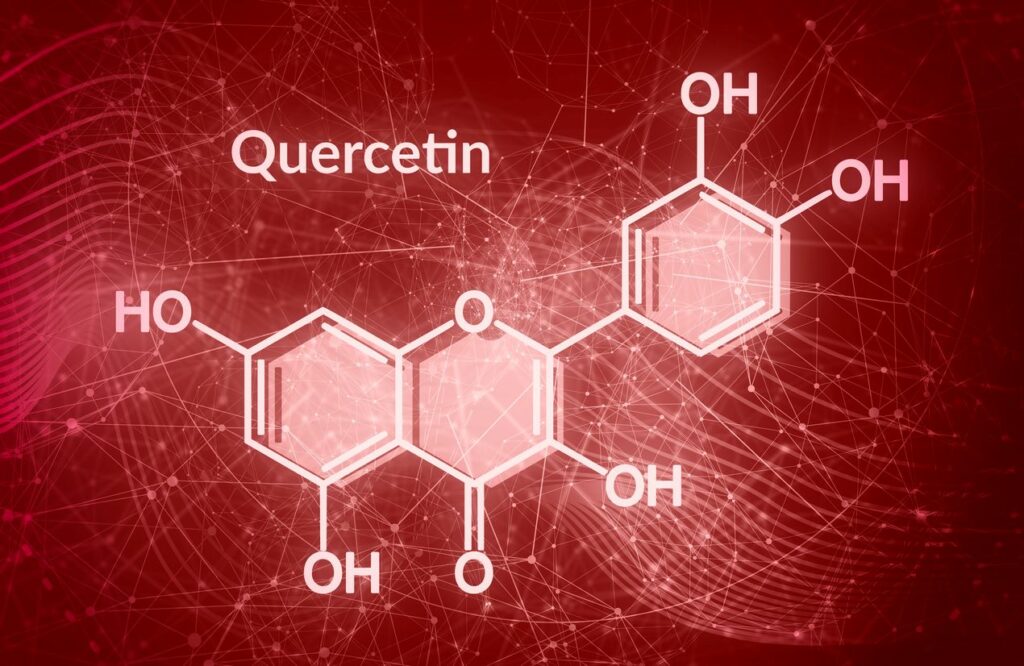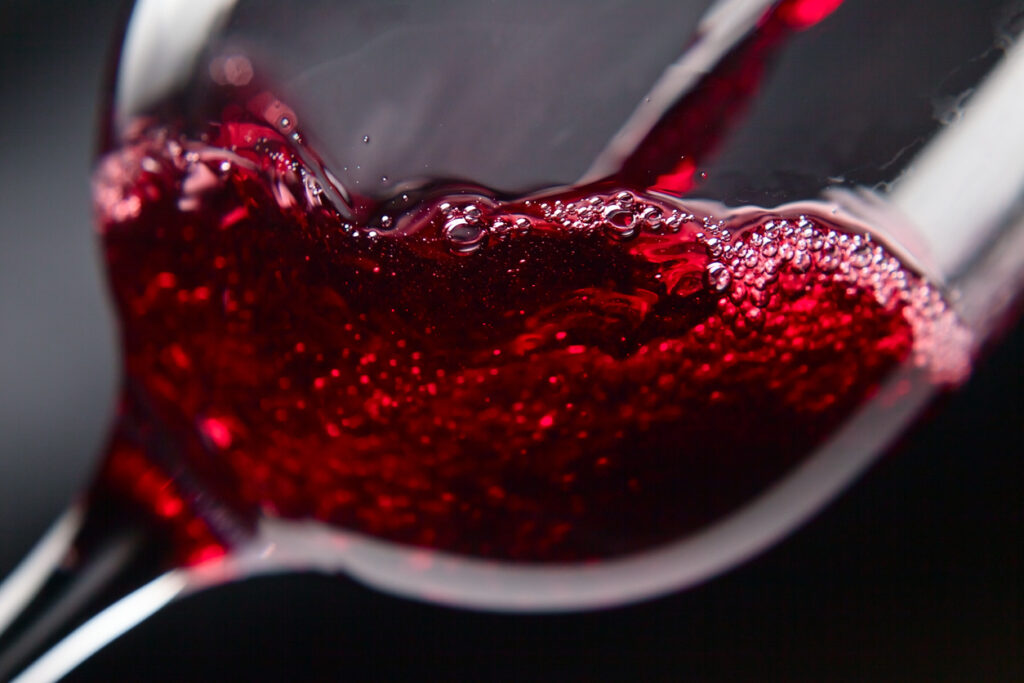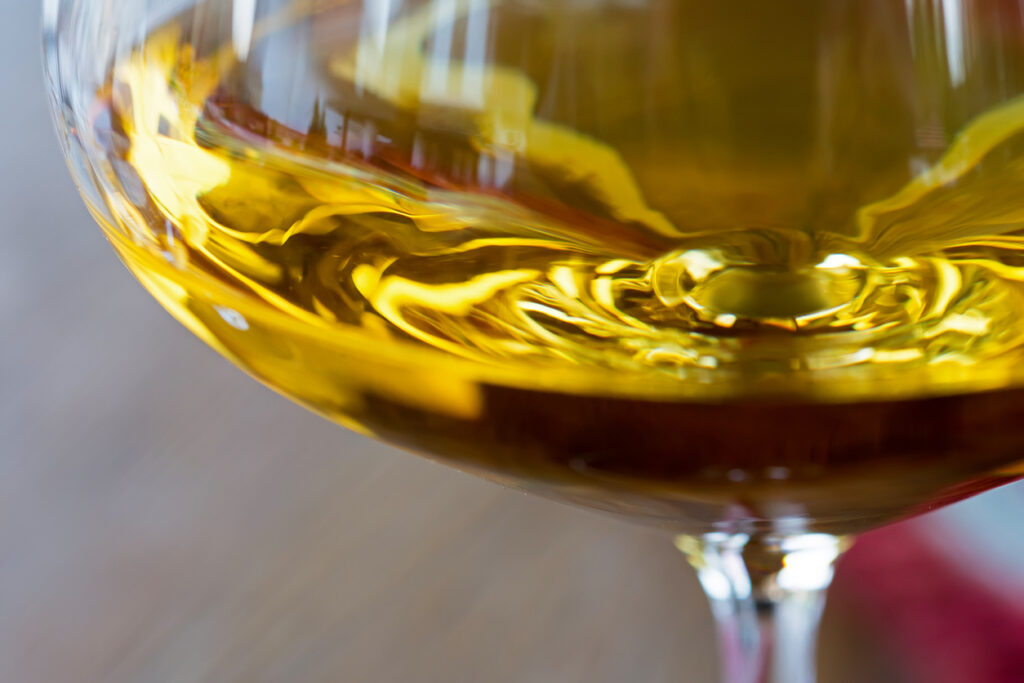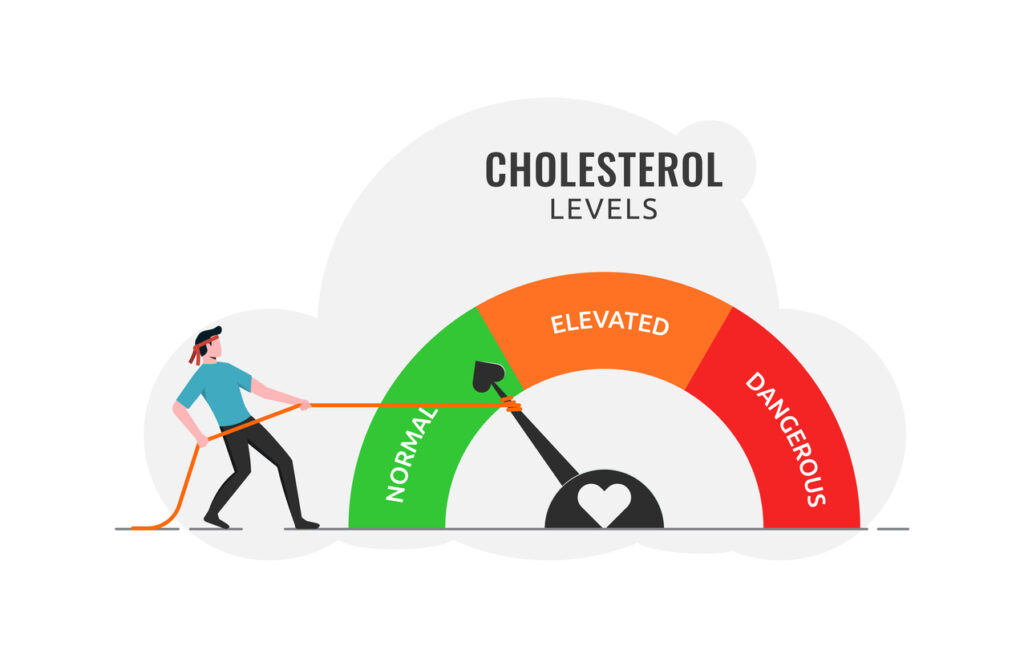Antioxidants are compounds that help protect cells from damage caused by free radicals, which are molecules produced by the body that can cause oxidative stress. Oxidative stress has been linked to a number of health problems, including cancer, heart disease, and Alzheimer’s disease. Antioxidants are found in many foods, including fruits, vegetables, and nuts, but they are also present in wine.
Understanding Antioxidants Antioxidants are important because they can help protect the body from damage caused by free radicals. Free radicals are molecules that can damage cells, proteins, and DNA. Antioxidants can neutralize free radicals and prevent them from causing damage. There are many different types of antioxidants, including vitamins C and E, beta-carotene, and selenium.

Antioxidants in Different Types of Wine Wine contains a number of different antioxidants, including resveratrol, quercetin, and catechins. These antioxidants are found in the skins and seeds of grapes, as well as in the oak barrels used to age some wines. Red wine tends to have higher levels of antioxidants than white wine, because red wine is fermented with the skins and seeds of grapes, while white wine is not.
Key Takeaways
- Antioxidants are important because they can help protect the body from damage caused by free radicals.
- Wine contains a number of different antioxidants, including resveratrol, quercetin, and catechins.
- Red wine tends to have higher levels of antioxidants than white wine because it is fermented with the skins and seeds of grapes.
Understanding Antioxidants
Antioxidants are compounds that help prevent or slow down damage to cells caused by free radicals. Free radicals are unstable molecules that can damage cells and contribute to aging and diseases such as cancer, heart disease, and Alzheimer’s disease. Antioxidants work by neutralizing free radicals, making them less harmful to the body.

Oxidative stress is a condition that occurs when there is an imbalance between free radicals and antioxidants in the body. It can be caused by environmental factors such as pollution, smoking, and UV radiation, as well as internal factors such as inflammation and metabolism. Antioxidants can help reduce oxidative stress by neutralizing free radicals and protecting cells from damage.

Wine is a rich source of antioxidants, particularly polyphenols such as resveratrol, quercetin, and catechins. These compounds have been shown to have anti-inflammatory and antioxidant activity, which may help reduce the risk of chronic diseases such as heart disease, diabetes, and cancer.
It is important to note that while antioxidants have many potential health benefits, they are not a cure-all and should not be relied upon as the sole means of preventing or treating diseases. A balanced diet rich in fruits, vegetables, whole grains, and lean protein is still the best way to ensure optimal health and well-being.

Antioxidants in Different Types of Wine
Red Wine
Red wine is known for its high antioxidant content, thanks to the presence of tannins and other polyphenolic compounds found in grape skin. The fermentation process of red wine involves leaving the grape skins in contact with the grape juice for an extended period, allowing for greater extraction of these compounds.

Cabernet Sauvignon, Merlot, Zinfandel, Pinot Noir, Malbec, and Shiraz are some popular red wine varieties that are known for their high antioxidant content. Cabernet Sauvignon, in particular, is known to have the highest concentration of antioxidants among red wines.
White Wine
While white wine is generally not as high in antioxidants as red wine, it still contains a significant amount of polyphenolic compounds, particularly from the grape skin. Chardonnay is a popular white wine variety that is known for its antioxidant content.

Other Wines
Other wines, such as port and rosé, also contain antioxidants, although in lower concentrations than red wine. Lambrusco, a sparkling red wine from Italy, is another wine that is known for its high antioxidant content.
Grape Varieties
The type of grape used to make the wine can also affect its antioxidant content. Dark-skinned grapes, such as Cabernet Sauvignon and Pinot Noir, are known to contain higher levels of antioxidants than light-skinned grapes, such as Chardonnay.

Overall, wine can be a good source of antioxidants when consumed in moderation. However, it is important to note that the health benefits of antioxidants in wine should not be used as an excuse for excessive alcohol consumption.
Health Benefits of Antioxidants in Wine
Wine, especially red wine, is known to contain antioxidants that offer numerous health benefits. Antioxidants are compounds that protect the body from free radicals, which can damage cells and contribute to chronic diseases. In this section, we will explore some of the health benefits of antioxidants in wine.

Heart Health
Moderate wine consumption has been linked to a reduced risk of heart disease, which is the leading cause of death worldwide. The antioxidants in wine, such as flavonoids and caffeic acid, help improve cardiovascular health by reducing inflammation, improving circulation, and preventing blood clots. Wine also helps lower blood pressure, which is a major risk factor for heart disease.

Cancer Prevention
Antioxidants in wine have been found to have cancer-fighting properties, particularly in breast and prostate cancer. Resveratrol, a compound found in red wine, has been shown to inhibit the growth of cancer cells and prevent them from spreading. However, it is important to note that excessive alcohol consumption can increase the risk of certain types of cancer, so moderation is key.
Diabetes Management
Moderate wine consumption has also been linked to a reduced risk of type 2 diabetes. The antioxidants in wine help improve insulin sensitivity and reduce inflammation, which are both important factors in managing diabetes. However, people with diabetes should consult with their healthcare provider before consuming alcohol.

Mental Health
Moderate wine consumption has been associated with a reduced risk of depression and Alzheimer’s disease. The antioxidants in wine help protect the brain from oxidative stress and inflammation, which can contribute to these mental health conditions.
Longevity and Aging
Moderate wine consumption has been linked to increased lifespan and reduced risk of age-related diseases. The antioxidants in wine help protect cells from aging and damage, which can contribute to a longer and healthier life.

Inflammation and Immunity
The antioxidants in wine help reduce chronic inflammation, which is linked to numerous chronic diseases, including heart disease, cancer, and diabetes. Wine also contains compounds that help boost the immune system, such as polyphenols and resveratrol.
In conclusion, moderate wine consumption can offer numerous health benefits, thanks to the antioxidants it contains. However, it is important to remember that moderation is key, and excessive alcohol consumption can have negative health effects.
Understanding Cholesterol and Wine
Cholesterol is a type of fat that is found in the blood. It is essential for the body to function properly, but too much cholesterol can be harmful. High levels of cholesterol can lead to the buildup of fatty deposits in the blood vessels, which can increase the risk of heart disease and stroke.

There are two types of cholesterol: low-density lipoprotein (LDL) cholesterol and high-density lipoprotein (HDL) cholesterol. Scientists often refer to LDL cholesterol as “bad” cholesterol because it can build up in the walls of the arteries. Doctors refer to HDL cholesterol as “good” cholesterol because it helps remove LDL cholesterol from the bloodstream.

Research has shown that moderate consumption of red wine, which is rich in antioxidants, can help increase HDL cholesterol levels and reduce LDL cholesterol levels. Antioxidants are compounds that protect the body’s cells from damage caused by free radicals, which are unstable molecules that can contribute to the development of chronic diseases.
One study found that drinking red wine in moderation increased HDL cholesterol levels by up to 16% and decreased LDL cholesterol levels by up to 9%. However, it is important to note that excessive consumption of alcohol can have the opposite effect and increase the risk of heart disease.

In addition to red wine, other foods and beverages that are high in antioxidants, such as fruits, vegetables, and green tea, may also help improve cholesterol levels. It is recommended to consume a balanced diet and limit alcohol consumption to promote overall health.
Wine and Diet
Mediterranean Diet
The Mediterranean diet is a heart-healthy diet that emphasizes fruits, vegetables, whole grains, legumes, nuts, fish, and olive oil. It also allows for moderate amounts of red wine. In fact, wine enthusiasts consider red wine as a staple of the Mediterranean diet due to its potential health benefits.

Studies have shown that the antioxidants found in red wine, specifically resveratrol, may have anti-inflammatory and anti-cancer properties. These antioxidants may also help improve heart health by reducing the risk of heart disease and stroke.
However, it is important to note that the Mediterranean diet is not a license to drink excessive amounts of wine. Moderation is key, and excessive alcohol consumption can have negative health effects.

Caloric Content of Wine
While wine can be a part of a healthy diet in moderation, it is important to be mindful of its caloric content. Wine is a source of empty calories, meaning it provides calories without significant nutritional value.
On average, a 5-ounce glass of wine contains approximately 120 calories. Sweet wines and dessert wines can contain even more calories due to their higher sugar content.

For those who are trying to lose weight or maintain a healthy weight, it is important to factor in the calories from wine when planning meals and snacks. It may be helpful to limit wine consumption to special occasions or weekends. Opt for lower calorie options such as dry wines.
Overall, while wine can be a part of a healthy diet, it is important to consume it in moderation and be mindful of its caloric content.
Potential Risks of Wine Consumption
Alcohol Use Disorder
While docotors associate moderate wine consumption with health benefits, excessive alcohol consumption can lead to alcohol use disorder (AUD). According to the National Institute on Alcohol Abuse and Alcoholism (NIAAA), AUD is a chronic relapsing brain disease. It affects about 14.5 million adults in the United States. People with AUD may experience a range of negative consequences, including health problems, social problems, and legal problems.

Liver Disease
Excessive alcohol intake can also cause liver disease, including alcoholic hepatitis, cirrhosis, and liver cancer. The World Health Organization (WHO) reports that alcohol is a leading cause of liver disease worldwide. Moderate wine consumption has not been shown to increase the risk of liver disease. Excessive drinking can damage the liver and lead to serious health problems.

Breastfeeding and Pregnancy
Pregnant women and women who are breastfeeding should avoid drinking wine and other alcoholic beverages. According to the Centers for Disease Control and Prevention (CDC), there is no safe amount of alcohol to drink during pregnancy. Drinking alcohol during pregnancy can lead to fetal alcohol spectrum disorders (FASDs). This can cause physical, behavioral, and intellectual disabilities in children.
Other Health Risks
Excessive alcohol consumption can also increase the risk of other health problems, including:
- Stroke
- Dementia
- High blood pressure
- Heart disease
- Certain types of cancer
- Accidents and injuries
- Violence and crime
It’s important to note that the risks associated with wine consumption depend on the amount of wine consumed and the individual’s overall health status. While moderate wine consumption may have health benefits, excessive drinking can lead to serious health problems which you should avoid.

The French Paradox
The French Paradox is a term that refers to the observation that the French have a relatively low incidence of heart disease. This is despite consuming a diet that is high in saturated fats. The term was coined in the 1980s by researchers who were trying to understand why the French had lower rates of heart disease than other countries with similar diets.

One theory behind the French Paradox is that the consumption of red wine, which is high in antioxidants, may be responsible for the lower rates of heart disease. Antioxidants are compounds that help to protect the body from damage caused by free radicals. These are unstable molecules that can cause cell damage and lead to chronic diseases like heart disease.
Red wine is rich in a specific type of antioxidant called polyphenols, which are from the skin of grapes. Polyphenols have been shown to have a number of health benefits. These include reducing inflammation, improving blood vessel function, and reducing the risk of heart disease.

Studies have found that moderate consumption of red wine may be beneficial for heart health. It is important to note that excessive consumption of alcohol can have negative effects on health. The American Heart Association recommends that women limit their alcohol intake to one drink per day. The recomended limit for men are two drinks per day.

The French Paradox has been the subject of much debate and research. It is clear that a healthy diet and lifestyle are important factors in reducing the risk of heart disease. Incorporating moderate amounts of red wine into a healthy diet may be one way to help protect against heart disease. It is important to do so in moderation and as part of an overall healthy lifestyle.
Conclusion
Wine is a rich source of antioxidants, which have been shown to provide various health benefits. Red wine, in particular, contains high levels of polyphenols. These are for example resveratrols, which scientists link to a reduced risk of cardiovascular disease and cancer.
However, it is important to note that excessive consumption of wine can have negative health effects. These can be liver damage and increased risk of certain cancers. Therefore, moderation is key when it comes to reaping the potential benefits of wine.
Additionally, it is important to note that while wine may contain antioxidants, it is not the only source. A balanced diet rich in fruits, vegetables, and whole grains can also provide a variety of antioxidants and other beneficial nutrients.
Overall, while the potential health benefits of wine are promising, it is important to approach consumption with moderation and to maintain a balanced diet.

